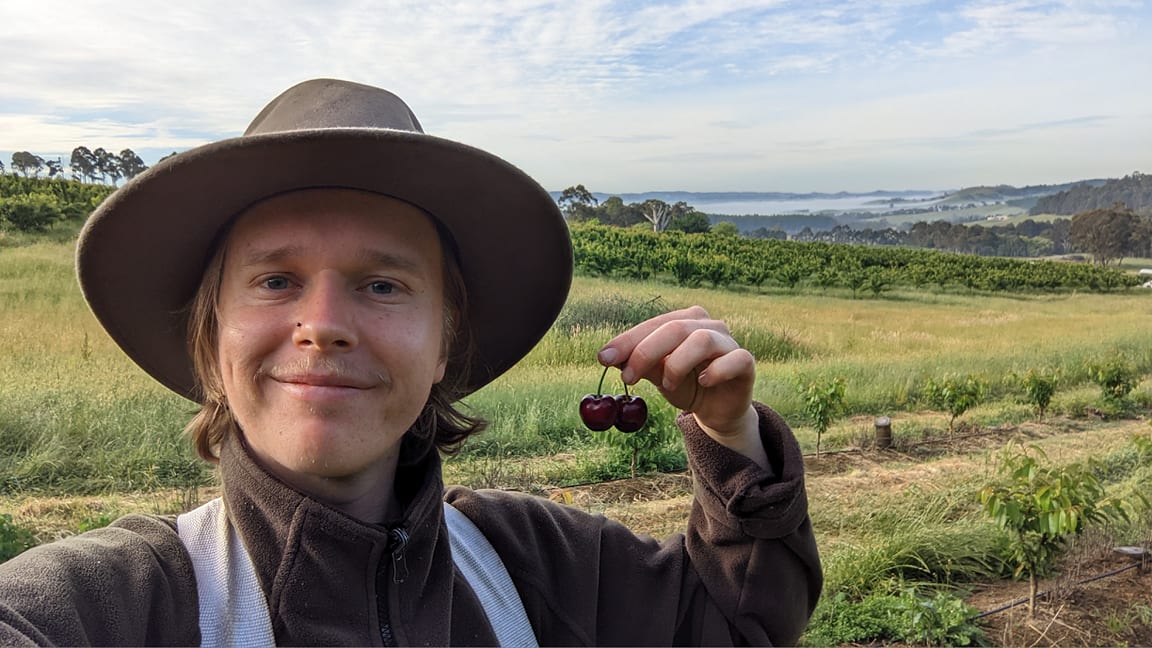The dream of escaping into the vast country is small for some, but the possibility to escape is bigger than ever.
When I was a little fella, around 12 years old, I was adamant on taking a gap year. Not for the uncertainty of adulthood or a year of hard-work, but simply for adventure. In the past 2 years the possibility of a gap from online learning is something more realistic than not, and adventure into the unknown wilderness of the country is appealing to more youth more than ever before. Students that aren’t too interested or outdoorsy are now in dire need of the wild to detox.
In early 2020, a lot of people in my degree decided to defer from online learning to work for a year in the hopes that a brighter 2021 would be here. However, as we know the story follows that all hospitality work crashed and unemployment rates skyrocketed. Staying home was now not just a choice, but a necessity. For the small chances that I was able to escape to the bush, the looming close of the gates to the wild would close again.
After 2 years of a degree permanently online, the dream I had of travelling the country from work to work seemed possible, with securing a job in this economy so difficult.
In August this year, the ABC reported “Strawberry growers’ plea as lockdowns cause price of a punnet to plummet“, that the effects of lockdown on regional Australia caused a plummet in the price of strawberries, close to $1 a punnet due to the lack of restaurants, cafes and consumers purchasing the fresh fruit.
In one Canberra supermarket, 250-gram punnets of strawberries are selling for as low as $2 for three of them, well below the cost of production.
Conversations with my family lead to us talking about the future of stone fruit picking for the next season, our beloved cherries, peaches and plums. We eventually led to the conclusion that young people moving to the country to work for local, Australian produced fruit farms will push the economy high out of recession just the same as the manufacturing boom following the Great Depression.
A week after the discussion, the future of stone fruit picking by emerging backpacking uni students, became an opportunity with the high demand of a post-Christmas cherry season. Cherry season typically begins between mid-November to late January. For a uni-student and a lack of international workers, the idea of a 2-month farm stay and fruit picking job is as lucky as it comes.
As of November 15th, the fair work commission set in stone a $25 per hour minimum wage for horticulture workers, ensuring that fruit pickers were no longer paid per price of a kg of a pick, but a genuine secure hourly wage.
It is fair to say now, that raising minimum wages does not reduce employment nor increase unemployment. With international borders closed, the mass loss of working visa holders to secure the stone fruit season requires young hard working Australian youth to step up for holiday season.
With a new set minimum wage and opportunities opening for the season, I decided to take the leap to join into a new workforce. At the time I was mid unpaid internship with zero work coming through on my job, so the enticing sound of a 2-month farm stay with a new guaranteed minimum wage sounded perfect to replace the past indoors holidays.
The cherry season of all fruits is perfect for uni students as it fits precisely between exam time and the new year. As RMIT undergraduate exams typically end around the 12th of November, leaving right away to live in a dorm with new life long friends is the future of backpacking.
Right now with the uncertainty of emerging lockdowns and coronavirus, the horticulture/agriculture industry is incredibly COVID-safe with mandatory vaccinations and COVID testing. Relocating to live at a new address for 2 months was incredibly easy, and the government currently has multiple grants to reimburse new workers travelling beyond 2 hours for up to $6000, on top of rent and purchasing of equipment.
For backpacking getting such a bad image, this was the safest decision I’ve made in my 20 years of living.
Opinion Piece written by Jasper Riley
Cover Image taken by Jasper Riley at Bonfire Station


